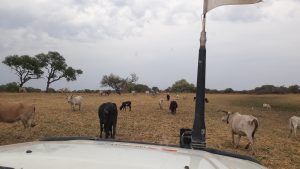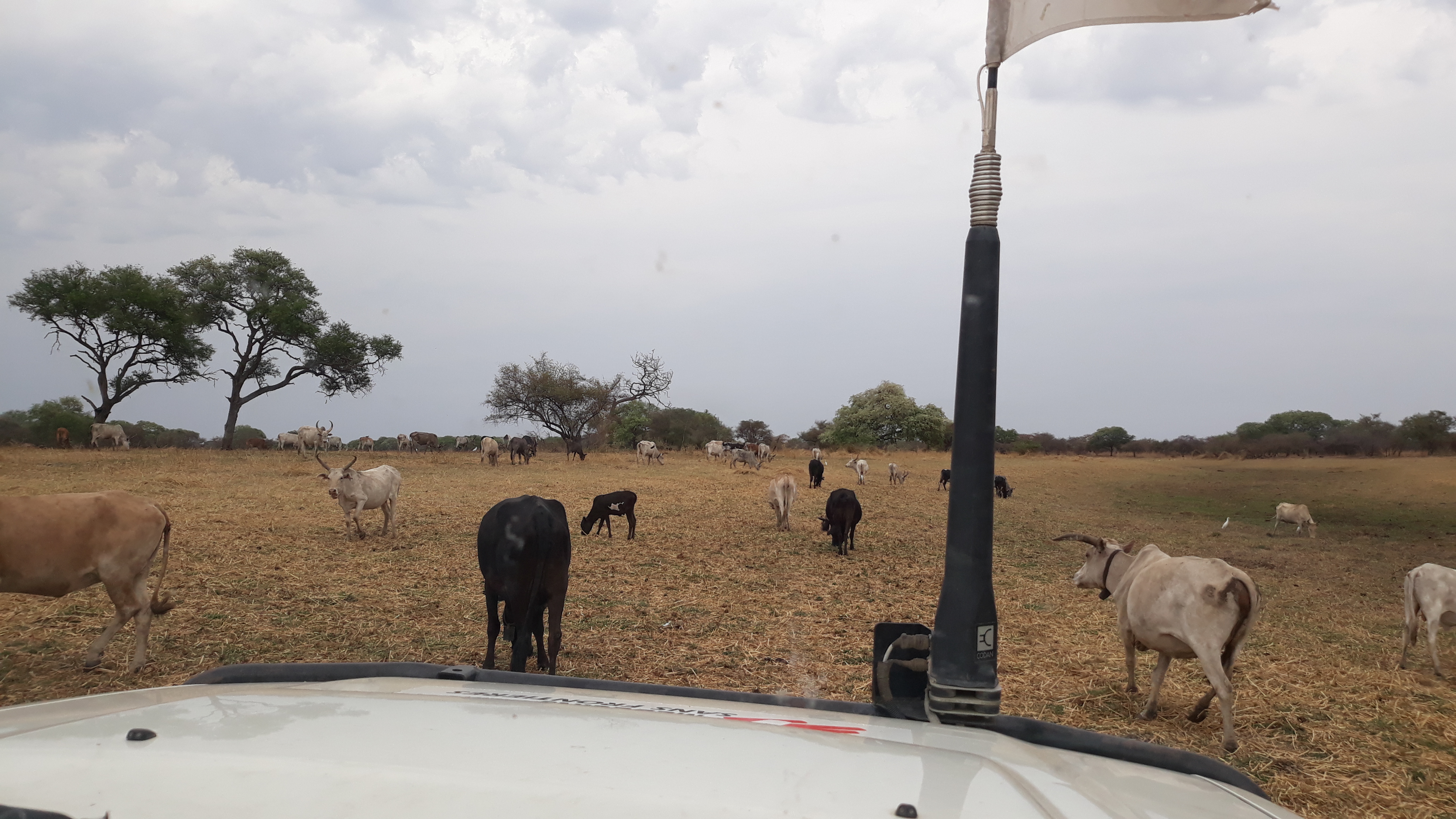
Juba, April 16, 2019 (SSNA) — Over the past weeks, Médecins Sans Frontières/Doctors Without Borders (MSF) supported the nomadic populations living in KongKong cattle camp with vaccinations, nutritional screenings and the distribution of mosquito nets. Additionally, the organization has been answering to a measles outbreak in the area with the vaccination of children under the age of fifteen and the medical treatment of suspect cases at its clinic in Pibor town.
Much of the local communities MSF is supporting in Pibor area are nomadic cattle herders, migrating during the dry season in search of grazing pastures and water. By doing so they move further away from town and locations accessible by road, leaving many people without access to medical care.
MSF has been providing healthcare, with a focus on maternal and reproductive services, in the Pibor area since 2005. The organisation runs a primary health care clinic in Pibor town and supports two health units with primary healthcare in Lekuangole and Gumuruk.
“One of the challenges we have is that we work with a nomadic population but our health facilities are fixed,” says Amandine Colin, MSF field coordinator in Pibor. In addition, the rainy season has started and the movements in the area will become more difficult. “With heavy rains, the only possibility to move around in the area will be by helicopter and by boat, as roads will be impassable”, continues Colin.
In order to increase access to basic medical care within nomadic communities in Pibor area, MSF ensured healthcare activities in Ottenenou and Doboch, two villages of KongKong cattle camp. In total, from end of March to early April, over 320 girls and women benefitted from tetanus vaccination. The organization also ensured nutritional screening for around 400 children aged under six years old, and distributed 638 mosquito nets in preparation of the malaria season.
Furthermore, in response to a measles outbreak declared in the area in January this year, MSF vaccinated 800 children aged up to fifteen years old in the same villages of KongKong cattle camp. In Pibor town, the organisation vaccinated 5,070 children against measles at the beginning of February. From January to April, 196 suspected measles cases also received medical treatment at the MSF clinic in town.
Médecins Sans Frontières/ Doctors Without Borders (MSF) has worked in South Sudan since 1983, bringing much-needed medical services to many parts of the country where access to healthcare and other humanitarian assistance is non-existent or remains limited. Drawing on its values of independence, neutrality, and impartiality, MSF is able to respond quickly to medical emergencies, delivering medical assistance based on need and irrespective of race, religion, gender or political affiliation. MSF currently runs 15 projects throughout South Sudan.

